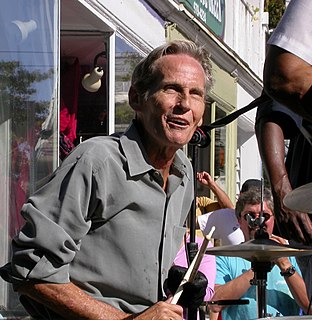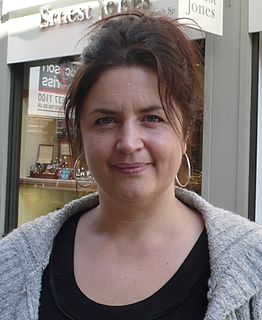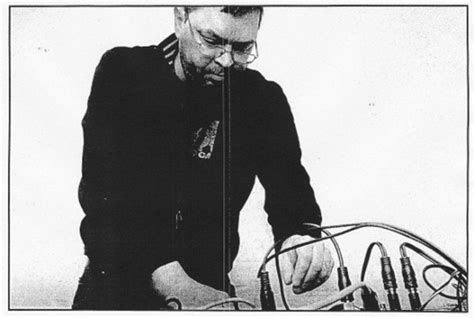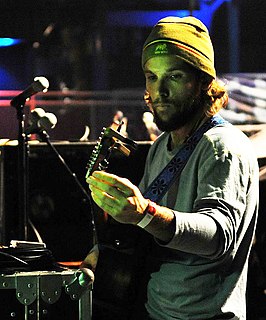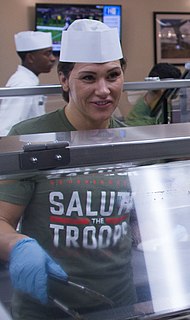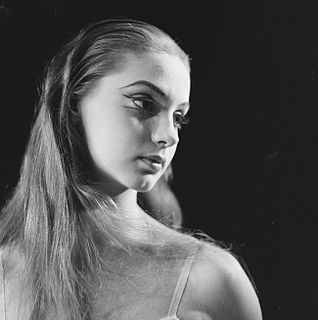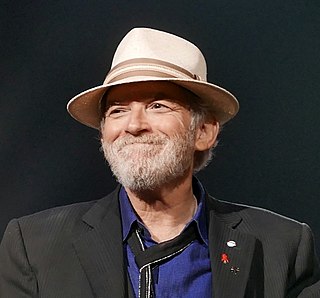A Quote by Levon Helm
Most of our stuff was trial and error. You live with a tape recorder, you turn it on, you play the song and you listen to it.
Related Quotes
I think there is an enormous diference between speaking and writing. One rereads what one writes. But one might read it slowly or quickly. In other words, you do not know how long you will have to spend deliberating over a sentence. ... But if I listen to a tape recorder, the listening time is determined by the speed at which the tape turns and not by my own needs.
In the 80s, if you wanted to make electronic music, it was a much tougher and more expensive process. For many people it would involve either spending loads of money on gear or else cutting demos in a proper studio. But I had this Casio keyboard and tape recorder and used to do stuff in my bedroom - I'd listen to Mantronix and all that. That was what I had so that's what I used.
Listen to the Beatles' 'Things We Said Today.' Ringo Starr does not play a fill in the entire song. It doesn't need it. 'A Day In the Life' has gorgeous fills, but there, the song needs it. When I play on any record, I'm striving to get where Ringo is. You play what doesn't take you out of the song.
There are no rules or formulas for success. You just have to live it and do it. knowing this gives us enormous freedom to experiment toward what we want. Believe me, it's a crazy, complicated journey. It's trial and error. It's opportunism. It's quite literally, "Let's try lots of this stuff and see how it works."
